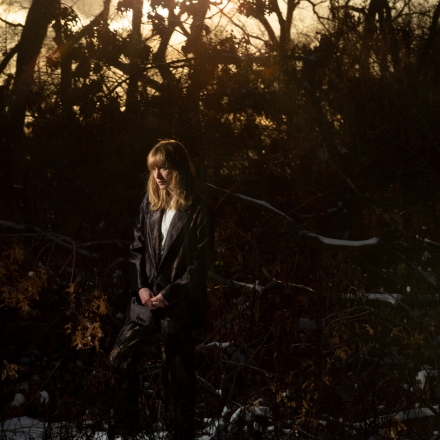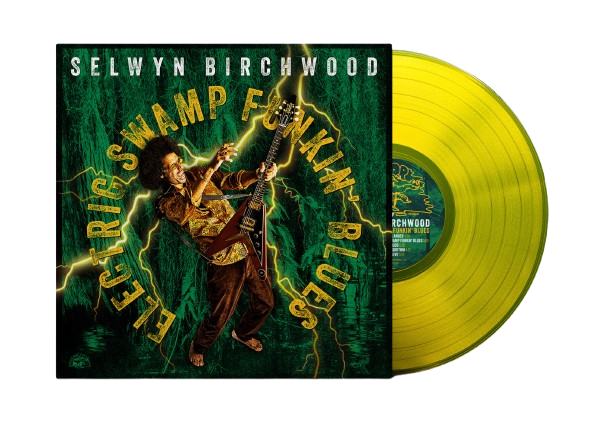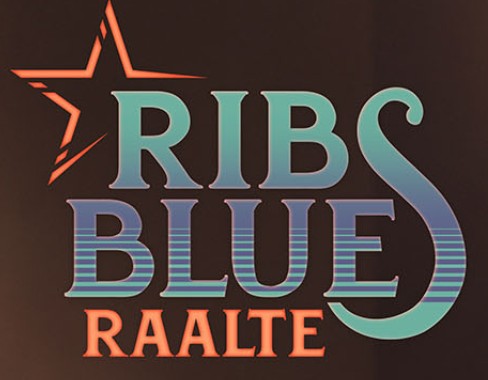 The Weather Station - How Is It That I Should Look At The Stars
The Weather Station - How Is It That I Should Look At The Stars
V2 Records
One year after the release of Ignorance, The Weather Station returns with How Is It That I Should Look At The Stars. The album is intended to be heard as a companion piece to Ignorance; songs written at the same time that connect thematically and emotionally, songs that reveal the vulnerability at the heart of the body of work. Recorded live in just three days, How Is It That I Should Look At The Stars is achingly intimate; full of breath, silence, and detail.
How Is It That I Should Look At The Stars was written in the same fruitful winter of songwriting that gave rise to Ignorance, but were songs that Lindeman felt were too internal, too soft to fit on the album she had envisioned. Drawing a new column in her notebook, Lindeman wrote down the title ‘ballads’ and started writing into that idea. “These were songs I wrote entirely for myself,” she says. They are deeply connected to the songs on Ignorance though, and deal with many of the same themes; disconnection and conflict, love, birds, climate feelings. The title of Ignorance came, actually, from a song on this collection, wherein Lindeman encounters an unfamiliar bird in Australia, and upon learning of its name, meditates on the subtly colonial reduction inherent in that name; “I thought about the man who called it a magpie / confronted by / the great expanse of his ignorance/ he wanted to name it / to detain it.” In the song, to be trapped in an inadequate word is the same as to be trapped in an inadequate understanding; and ignorance is an act of subtle violence. In this context, seeing is an act of critical importance. The titular question, of how one should look at the stars, is intended in the context of the climate crisis; but it is also an apt title for an album that is so engaged with questions around seeing itself.
“I had no idea if I wanted anyone to ever hear these songs,” Lindeman says, “but I also felt like they were the best songs I’d ever written, and I wanted to record them, to document them in some way.” Not long after completing Ignorance, Lindeman decided to make this album on her own terms, fronting the money herself and not notifying the labels. She assembled a new band, and communicated a new ethos; the music should feel ungrounded, with space, silence, and sensitivity above all else. With Christine Bougie on guitar and lap steel, Karen Ng on saxophone and clarinet, Ben Whiteley on upright bass, Ryan Driver on piano, flute, and vocals, and Tania Gill on wurlitzer, rhodes, and pianet, the band comprised some of the best players in the Toronto jazz and improvisation scene, and also marked Lindeman’s first time playing in a band with more women than men. “That wasn’t intentional, but it changed the atmosphere in a profound way,” says Lindeman. “From the moment we first played together, I felt an immense sense of calm and trust in this band.”
On this record, there are no drums, no percussion; in the absence of rhythm, time stretches and becomes elastic. Lyrically, many of the songs return to what has often been a hallmark of Lindeman’s writing; a description of a single moment and all the meaning it might encompass. And this dilation of the moment occurs musically too; as the band moves through music so ephemeral it often incorporates stretches of near silence, and breaths, single notes, and brief solos take on greater importance in the absence of other sound. Whereas the recordings on Ignorance leaned towards ambition and grandeur, here the band reaches towards a different goal; grace perhaps.
Lindeman envisioned the album almost as a record of jazz standards, “but with more silence.” Influenced by records like Chet Baker Sings or Bob Dylan’s Shadows In The Night, the record was recorded live off the floor at Toronto’s Canterbury Music Studios, with Jean Martin co-producing. Lindeman sang and played piano live while the band improvised their accompaniment. Because each take was a complete performance, the recording process “was an exercise in total focus” so extreme that the band “entered a sort of dreamworld” according to Lindeman. In her telling, Lindeman has always reached towards classic songwriting, and on this record, she overtly pursued this influence, allowing some of the songs to be “naive in the way that American songbook songs often are; naive in the way of reaching towards something with that sort of crushing longing, naive in terms of melody and simplicity.”
How Is It That I Should Look At The Stars was recorded from March 10 - 12, 2020. When the band entered the studio, Covid-19 was a news item, not front of mind, but by the time they left, just three days later, everything had changed. “We entered the studio from one world, and left it into another” says Lindeman. On the song “Endless Time,” Lindeman sings about a feeling of unease, as she repeats in the song “it’s only the end / of an endless time.” Written before the pandemic, the song interweaves relational loss with anxiety about the impending climate crisis, as Lindeman wonders whether she would look back on the present moment as one of unnoticed abundance, when “we could walk out on the street and buy roses from Spain / strawberries and lilies in November rain / all of our lives it had been that way.” But, recording the song on March 12, the song took on a new meaning, and in the days that followed, came to feel almost uncomfortably prescient. “The record was made at a threshold; one we didn’t know we were about to cross” says Lindeman. Somehow, the music captures that instability; it is ungrounded and diaphanous, it floats and drifts. To lean so deeply into fragility after such a muscular record might feel incongruous, and perhaps it is. But for Lindeman there is no dissonance there. “To understand where we are today is to directly confront fragility,” she says. You might argue that the underlying theme of Ignorance was vulnerability; vulnerability that goes unnoticed and unacknowledged, and the damage that results from that erasure. On How Is It That I Should Look At The Stars, this vulnerability is made manifest. It is an album of immense sensitivity, a recording of a band and a person daring to reach towards softness without apology.
LIVE:
25 maart Brussel, Botanique Rotonde
27 maart Amsterdam, Paradiso Noord
For more information contact: Stefan.Hayes@v2benelux.com








Geen opmerkingen:
Een reactie posten